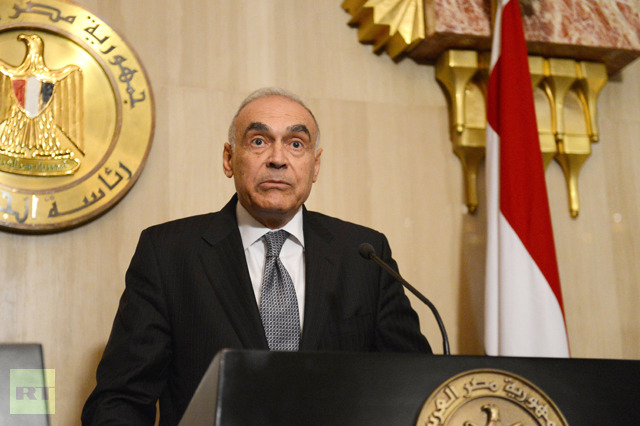Egypt is reinforcing its commitment to building robust health partnerships across the continent as part of its broader vision for sustainable healthcare systems in Africa, Health Minister Khaled Abdel Ghaffar said on Monday.
Speaking at the opening session of the preparatory meeting of the Regional Steering Committee (ReSCO) and the Regional Technical Advisory Committee (ReTAC) of the North Africa Regional Coordination Center (RCC)—affiliated with the Africa Centres for Disease Control and Prevention (Africa CDC)—Abdel Ghaffar highlighted the importance of trust-based cooperation in driving regional progress.
“Partnerships are not built by signing documents alone, but through deep understanding, mutual respect, and human connection,” the minister said. He urged attendees to seize the opportunity to exchange knowledge and explore Africa’s cultural diversity as a pathway to deeper intercommunal ties and more resilient health collaborations.
He noted that Africa’s cultural and linguistic richness offers fertile ground for more empathetic and effective partnerships, stressing the need for a mutual learning approach to ensure long-term, meaningful cooperation in public health.
Abdel Ghaffar also called for active engagement in the committee’s work, particularly in electing visionary leadership for the upcoming term, underscoring the importance of inclusive dialogue: “All voices must be heard and respected.”
Also speaking at the session, Deputy Health Minister Mohamed Hassani underscored the pivotal role of ReTAC as a technical advisory body that supports the RCC in formulating and executing regional health strategies.
Hassani explained that ReTAC plays a vital role in coordinating responses to regional health challenges, offering technical and operational guidance, and ensuring that public health projects align with Africa CDC’s strategic priorities. He added that the committee reviews policy proposals, evaluates project progress, and fosters collaboration across multiple sectors.
The committee comprises representatives from the health ministries and national public health institutes of African Union member states, along with delegates from AU agencies, regional economic communities, academia, civil society, the private sector, and sectors such as animal health and the environment—making it one of the most comprehensive platforms for shaping health policy across the continent.




